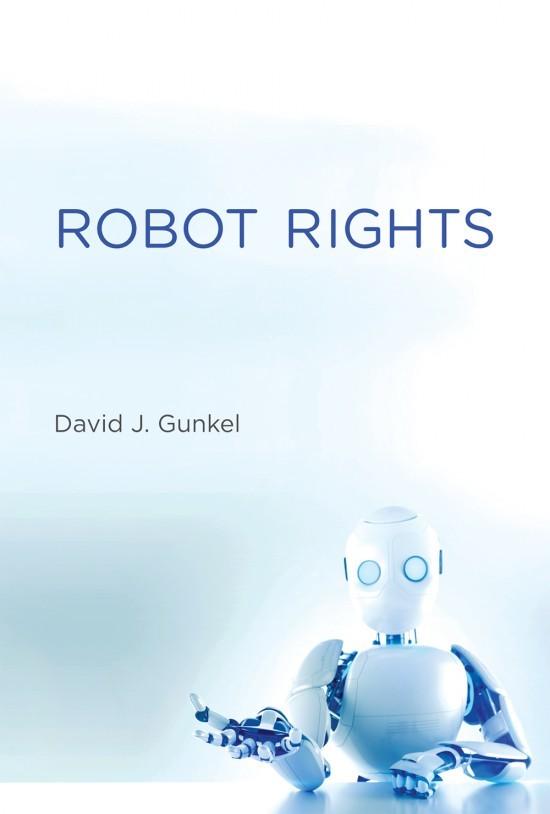Il libro Robot Rights di David J Gunkel è pubblicato da The MIT Press (October 2, 2018)
A provocative attempt to think about what was previously considered unthinkable: a serious philosophical case for the rights of robots.
We are in the midst of a robot invasion, as devices of different configurations and capabilities slowly but surely come to take up increasingly important positions in everyday social reality—self-driving vehicles, recommendation algorithms, machine learning decision making systems, and social robots of various forms and functions. Although considerable attention has already been devoted to the subject of robots and responsibility, the question concerning the social status of these artifacts has been largely overlooked.
Le machine al lavoro, gli umani senza lavoro felici e contenti!
In this book, David Gunkel offers a provocative attempt to think about what has been previously regarded as unthinkable: whether and to what extent robots and other technological artifacts of our own making can and should have any claim to moral and legal standing. In his analysis, Gunkel invokes the philosophical distinction (developed by David Hume) between “is” and “ought” in order to evaluate and analyze the different arguments regarding the question of robot rights. In the course of his examination, Gunkel finds that none of the existing positions or proposals hold up under scrutiny.
In response to this, he then offers an innovative alternative proposal that effectively flips the script on the is/ought problem by introducing another, altogether different way to conceptualize the social situation of robots and the opportunities


